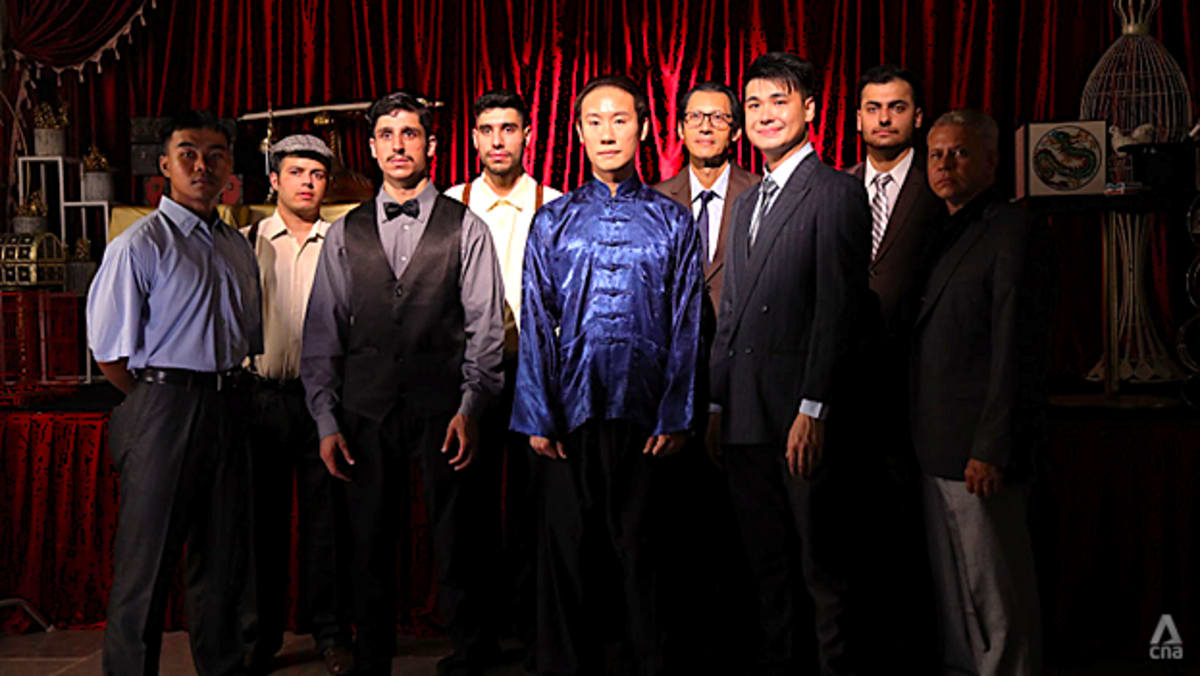NO NEED FOR A REVIEW OF ANTI-CORRUPTION LAWS FOR NOW
Ms Lim also asked about whether Singapore’s anti-corruption laws should be reviewed for greater efficacy.
Mr Chan said that no matter how stringently Singapore acts against corruption, from time to time, some individuals may fall short.
“When this happens, we should not have a knee-jerk reaction and immediately tighten or add more rules,” said Mr Chan.
Instead, it needs to be determined if it is an individual or systemic matter.
“If the rules were clear but were flouted or ignored, what we need to do is not to adjust the rules, but to take decisive action against the offender. If the rules were unclear, we should clarify or simplify the rules. If the rules were too lax, or if it was a new situation not envisaged or covered by the rules, we should update the rules,” he said.
Ms Lim then asked if there was still reason for the Government to look into the PCA, given the rationale the Attorney-General’s Chambers (AGC) provided as to why PCA charges were amended.
The AGC had said it amended the charges after considering the litigation risks involved in proving them beyond a reasonable doubt at trial, “given that there are two primary parties to the transactions, and both would have an interest in denying corruption in the transactions”.
Mr Chan noted that Law and Home Affairs Minister K Shanmugam had raised the need to consider aligning Section 165 with the PCA.
In 2022, Mr Shanmugam said the government would review the possibility of shifting offences listed under Section 161 to 165 of the Penal Code, to under the PCA instead.
“But as of now, suffice to say, the CPIB (Corrupt Practices Investigation Bureau) and our enforcement agencies find the current framing able to allow us to do the job that we need to do,” said Mr Chan.
“But going forward, if there are new developments that necessitate a review of this, we are open to them.”
Ms Lim also asked if the CPIB and AGC did a thorough job in the Iswaran case, given that charges had to be amended subsequently.
There are reasons to believe that CPIB and AGC have done their job properly, said Mr Chan.
“But as I’ve mentioned and I’ve explained along the way, it is not uncommon for the prosecution and the defence to see how the situation develops, and sometimes charges may be amended in this situation or in any other cases,” he reiterated.














